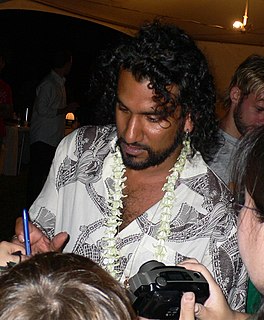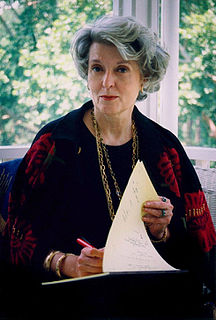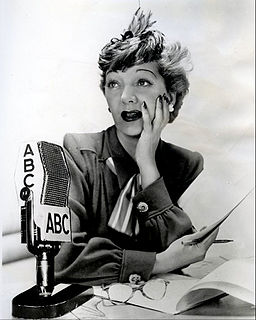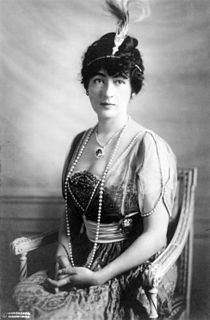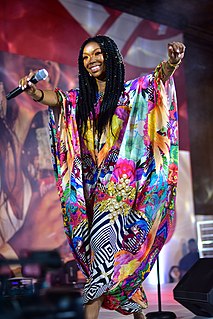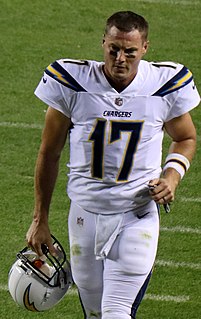A Quote by Naveen Andrews
I never felt at home in London, because people were constantly telling me I didn't belong here, so after a while, you tend to believe that.
Related Quotes
You belong with me, Scarlett, haven't you figured that out? And the world is where we belong, all of it. We're not home-and-hearth people. We're the adventurers, the buccaneers, the blockade runners. Without challenge, we're only half alive. We can go anywhere, and as long as we're together, it will belong to us. But, my pet, we'll never belong to it. That's for other people, not for us.
I began to understand that there were certain talkers - certain girls - whom people liked to listen to, not because of what they, the girls, had to say, but because of the delight they took in saying it. A delight in themselves, a shine on their faces, a conviction that whatever they were telling about was remarkable and that they themselves could not help but give pleasure. There might be other people - people like me - who didn't concede this, but that was their loss. And people like me would never be the audience these girls were after, anyway.
[On her morphine addiction:] I was meant to 'taper off.' At times I felt such pains as must afflict a creature while a bigger beast eats and claws at its middle. God-awful things were hiding underneath my bed, and it was no use telling me they were not there - I knew they were, and felt their dreadful ever-changing shapes.
When I went home, my family became a little lonely family because it was just me and my mom. Part of my longing to go back to work was wanting to be surrounded by these people who were teaching me things and drinking bad coffee at three in the morning while we were lying around in a bikini in the winter. Somehow it just felt like real life. It felt more like real life than my life.
I never wanted to be an actor. My dad was an actor, and he never brought joy home, so I didn't view it as something that I would want to do. But I got fired as a secretary, and then I started studying, I started doing it just to earn money. And it took me a long time to learn to love it. And what I loved was telling a story. I tried to avoid making plays or films that weren't telling a story that I felt was important. I discovered in the process that it makes you more empathic because you have to enter someone else's reality and learn to see through many other people's eyes.
